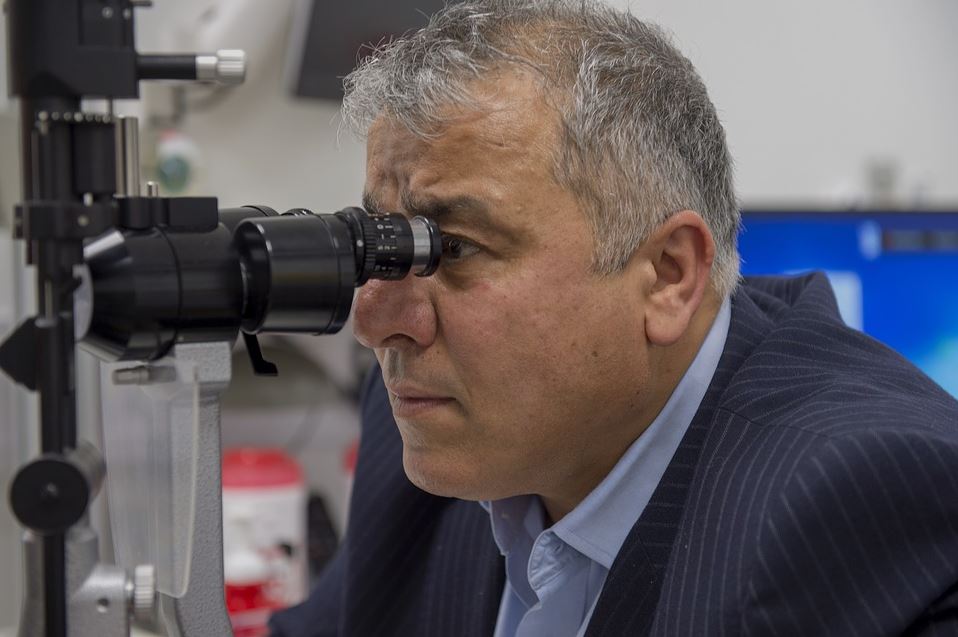
While cataract treatments may seem a bit frightening, modern cataract surgery is one of the safest surgeries that are performed. It will not only restore eyesight but reduce your eyeglass dependence. Here are a few things to expect before, during, and after a cataract treatment procedure.
How should I prepare for the procedure?
A week before the procedure your doctor will perform various tests to determine which lens will be needed for replacement. At this time, you will be advised to make arrangements to have someone drive you to and from your procedure. The eye doctor may prescribe eye drop medication to be used the night before the treatment. You will also be advised not to eat or drink anything on the morning of your procedure.
What types of medications will be used?
Perioperative antibiotics may be given before and after the procedure to eliminate the chance of intraocular bacteria from forming. The inflammatory response of the eye may result in pain and redness after the procedure. Sustained release cataract surgery steroids may be given as a post-op measure to alleviate inflammation and pain. Non-steroidal anti-inflammatory medications may also be prescribed for post-operative pain management.
What exactly does the procedure entail?
The procedure is usually performed on an outpatient basis. It involves using high-frequency ultrasound to break up the cloudy lens of the cataract, which is then removed gently using suction. Once the eye has been cleared, the surgeon will insert a clear intraocular lens behind the iris and pupil in the same position as the natural lens.
What is the recovery like?
After the procedure has been completed, the surgeon will have you wear a protective shield over the treated eye to keep it safe during your recovery. It is advised that you wear this protective shield over your eye during naps and at night while sleeping for about a week after surgery. You will also be given special post-operative sunglasses. During the first week of recovery, you will be limited from strenuous activities and will need to avoid getting water and debris into your eye. Your doctor will likely prescribe antibiotic drops to help keep the wound clean from infection. Recovery time can vary from person to person but is generally completed within one month.
Understanding what you need to do to prepare for the procedure, what medications will be used, what the procedure is, and what you need to do during your recovery time allows you to take a proactive role in your treatment. Understanding the process can make the procedure go smoothly from beginning to end.
Emma Sturgis
Recent Posts
- Castor Oil For Better Hair Growth: Is It Myth Or Fact?
- Exploring the Differences Between Sermorelin, Ipamorelin, Ibutamoren, GHRP2, and GHRP6: Understanding Their Role in Human Growth Hormone Regulation
- Unraveling the Mystery: Understanding the Causes and Prognosis of Ventricular Tachycardia Without Apparent Heart Disease
- Understanding Grandparents’ Rights in Oklahoma: Navigating Visitation and Legal Protections
- 10 Reasons to Consider Hypnotherapy for Your Health

